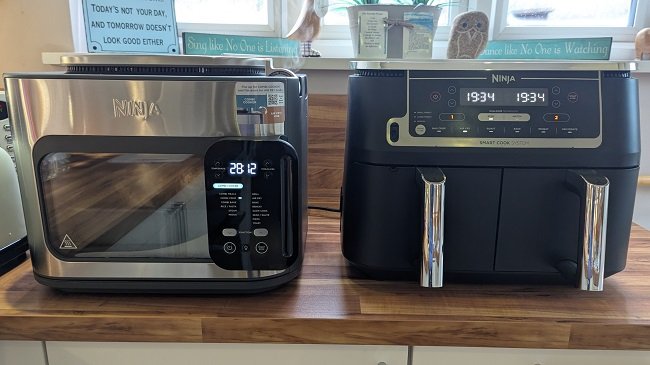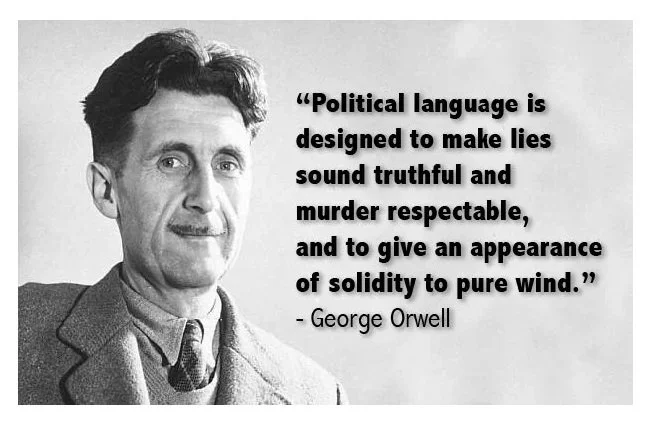More British Slang Words and Phrases
Manor is a UK slang term for turf or territory
About a year ago, I wrote a post about British slang words and phrases. Using fifteen examples, I endeavoured to explain their definition, provenance and the context in which they are commonly used. I then provided an example sentence of each word or phrase for reference. This proved such a popular post (it didn’t), that I thought it would be beneficial if I gave some further examples (Again I didn’t. I just needed to write a quick blog post, with minimal effort). So here is another selection of slang words and phrases that are used in common parlance in the UK, for your amusement, edification and consideration. Some are relatively self explanatory. Others are somewhat tenuous and arcane in their origins.
All Right: A generic greeting that is used between friends and acquaintances. The standard response is to say “all right” back. It is not an invitation to say no and then list in detail all the reasons why you’re not all right. “All right Colin”. “All right Geoff”.
Dodgy: A person or object that is questionable or suspect in some fashion. The guy down the pub who sells stolen gear out of his van is what you’d call dodgy. Food can also be so. “Blimey Colin, you stink. Was that kabab you had last night dodgy?”
Faffing About: To waste precious time, expending an excessive amount of effort on a relatively simple task. “Oi Colin, stop faffing about. How long does it take to put on a clean duvet cover?”
Innit: A contraction of the phrase “isn't it” or “is it not”. Often used in a rhetorical fashion at the end of a sentence. Similar to how a bellicose American would say “Am I right?”
Jake the Peanut: A loud, brash, over confident person (usually a man) who suffers from the Dunning-Kruger effect. The same as Jack the Lad, Charlie Potato and Billy Big Bollocks. “Look at Colin with his Ray-Bans and corduroy flares. He thinks he’s Jake the Peanut”.
Kip: To sleep. “Colin, don’t forget to put some cream on the cat’s piles. I’m gonna have a kip for an hour”.
Leo Sayer’d: To be intoxicated by alcohol and sing in a high pitched manner, similar to the popular vocalist Leo Sayer.
Mate: An informal term of respect used when addressing a man or woman without using their name. Used instead of the more formal sir or madam. “Oi mate. You can’t park there”.
Muppet: An informal noun for stupid or foolish person. “Colin, flush the toilet after using it, you muppet”.
Pissed: To be intoxicated by alcohol. Not angry as in the US sense of the word. “Colin’s well pissed after that bottle of floor polish”.
Skive: To avoid work or duty by leaving early. “Where’s Colin? Has he skived off down the pub?”
Slag Off: To talk to someone in a deliberately rude or derogatory fashion. “Why are you always slagging off Colin?”
Taking the Piss: To mock or make fun of. “Colin’s fed up with everyone constantly taking the piss out of him”.
Wee Stooshie: A Scottish term for a small brawl. A difference of opinion that ends in violence. Often fueled by alcohol. “I see Colin had a wee stooshie with the Salvation Army band that were playing in the High Street”.
The English language is constantly evolving and as a result, words continuously come and go from the national lexicon. It can be argued that you can ascertain a person’s age by some of the phrases and slang that they use. Possibly their respective socioeconomic group as well. Posh folk (by which I mean the monied and titled upper classes) do seem to have a completely separate dialect. As do the under twenty fives but that has always been the case. As for the above words and phrases, I would hazard a guess that readers from Australia and New Zealand will find similarities between UK slang and their own. Europeans, who are often multilingual, will probably be likely to adapt to the curious foibles of colloquial English. As ever, please feel free to leave your thoughts below and share any interesting phrases or expressions of your own.






























